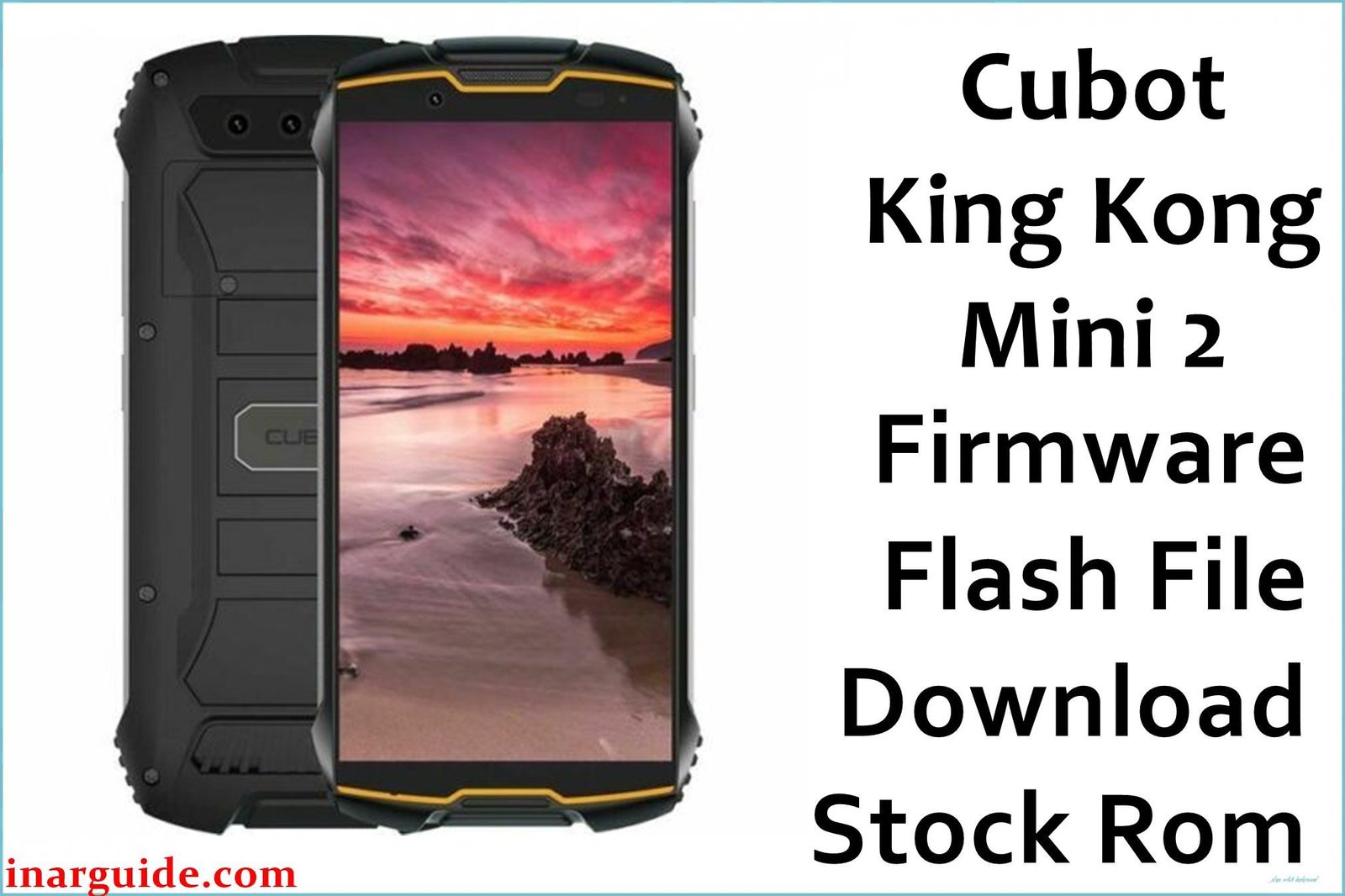This guide provides the official download link for stock firmware version EEA V09 (April 2023) for the Cubot Quest 9. The Quest 9 is a rugged Android smartphone released in mid-2022, featuring a 6.1-inch FHD+ IPS display, MediaTek Helio P35 (MT6765) octa-core processor, dual rear cameras, and a 5000 mAh battery. If your device is stuck in a bootloop, experiencing touchscreen or NFC glitches, or suffers from camera or performance issues, flashing the stock firmware restores factory settings and resolves software faults.
User Data Advisory for the Cubot Quest 9
Critical Pre-Flash Warning: This flashing procedure will permanently erase all data on your Cubot Quest 9. All your photos, apps, and personal files will be lost. A complete backup to a computer or cloud service is essential before proceeding. Using incorrect options in the flash tool can also damage your phone’s IMEI number, so follow the instructions precisely.
Cubot Quest 9: Quick Device Specifications
Please confirm these details match your phone to ensure you are using the correct firmware file.
- Device Name/Model:
- Cubot Quest 9
- Release Date:
- June 2022
- Chipset:
- MediaTek Helio P35 (MT6765) (12 nm)
- Display:
- 6.1 inches, 1080 × 2340 px (FHD+), IPS LCD, 18.5:9, 424 ppi
- Battery:
- 5000 mAh, Non-removable Li-Po
- RAM/Storage:
- 4 GB RAM / 64 GB Internal Storage (expandable via microSD)
- Key Features:
- Dual rear cameras 16 MP + 5 MP, 8 MP front camera, IP68 rugged design, NFC, rear-mounted fingerprint sensor
Required Downloads for Flashing
You will need these tools and drivers to flash your Cubot Quest 9:
- SP Flash Tool (Latest Version)
- MediaTek VCOM USB Drivers
- The Cubot Quest 9 firmware package (EEA V09)
Cubot Quest 9 Firmware Download Link
| Filename / Version (Build Date & Region) | Android Version | Size | Download Link |
|---|---|---|---|
| Cubot_Quest_9_V09 (Apr 2023, EEA) | 11 | 1.27 GB | Download (Google Drive) |
How to Flash Cubot Quest 9 Firmware
This is a concise 5-step summary of the flashing process using SP Flash Tool. For a detailed step-by-step guide with screenshots, see our pillar article: Flash Stock Firmware to MediaTek (MTK) Smartphones.
- Preparation: Download the firmware package, SP Flash Tool, and MediaTek drivers. Extract all files into one folder.
- Install Drivers: Run the VCOM driver installer and disable Windows driver signature enforcement if required.
- Load Scatter: Launch
flash_tool.exe, click “Scatter-loading File,” and selectMT6765_Android_scatter.txtfrom the firmware folder. - Set Mode: Choose “Download Only” mode to protect IMEI, then click the green “Download” button.
- Flash Device: Power off Quest 9, press Volume Up + Volume Down while connecting USB. Release when flashing starts; wait for the green checkmark.
Troubleshooting Common Issues
Based on user reports from XDA Developers, GSMArena forums, and rugged-phone communities, here are solutions to known Cubot Quest 9 issues:
1. Touchscreen Unresponsive or Ghost Touch
Cause: Screen calibration errors or driver glitches after updates.
Solution: Clean screen and remove thick protectors. Reflash firmware to restore correct touch drivers. If persists, test with alternate USB cable and USB port.
2. NFC Cannot Connect or Make Payments
Cause: Firmware NFC module issues or region-mismatch.
Solution: In Settings > Connected devices > NFC, toggle off/on. Clear cache for “NFC Service.” Ensure EEA firmware flashed.
3. Camera App Crashes or Images Blurry
Cause: Software bugs in camera driver or miscalibrated PDAF.
Solution: Clear Camera’s cache/data. Use default camera app only. Flash latest firmware to apply camera fixes. Ensure adequate storage space and lighting.
4. Device Won’t Enter Flash Mode / Not Detected
Cause: Driver installation failed or incorrect button combo.
Solution: Reinstall VCOM drivers. Hold Volume Up + Volume Down before connecting USB. If still undetected, use Device Manager to verify MTK Preloader port appears.
5. Random Reboots, Lag, or Overheating
Cause: CPU governor settings, background apps, or thermal management bugs.
Solution: Close unused background apps. Keep at least 20% storage free. Flash firmware to apply thermal patches. Use rugged case only—overheating can be exacerbated by insulation.
Frequently Asked Questions (FAQs)
- Will flashing firmware update my Android version?
- No. Cubot Quest 9 EEA V09 remains on Android 11. Updates include security patches and optimizations only.
- My phone is bricked. Can SP Flash Tool still fix it?
- Yes. As long as the MTK Preloader port shows briefly when connecting in key combo, SP Flash Tool can restore the partition table and firmware.
- Why is NFC not available on some units?
- Some regional variants omit NFC hardware. Ensure your model supports NFC. EEA firmware expects NFC present; non-EEA builds may lack this feature.
- What if the green checkmark never appears?
- Check drivers, cable, and port. Use a powered USB hub or different PC. Ensure “Download Only” mode selected. If still fails, seek a different scatter file or support forum.
Conclusion
Flashing the official EEA V09 firmware on your Cubot Quest 9 is the most reliable way to resolve software faults—touchscreen, NFC, camera, and stability issues—while preserving the rugged IP68 design and large battery life. Always back up data before flashing and follow the exact SP Flash Tool procedure to ensure a successful upgrade.
If this guide helped you restore your Quest 9, share your experience in the comments to assist other users dealing with MediaTek Helio P35 firmware challenges.



